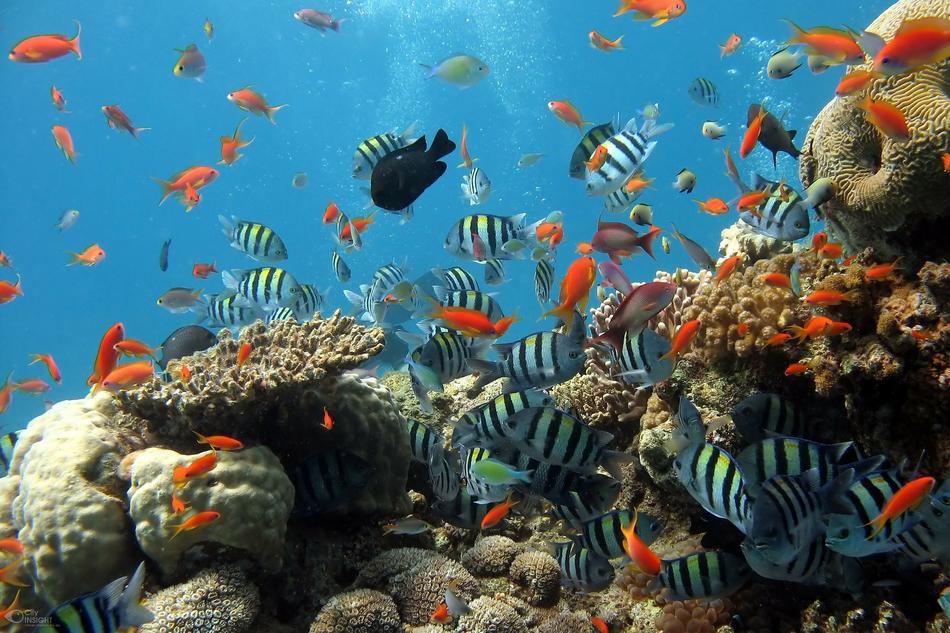Some fifty-six million years ago, a massive pulse of carbon dioxide entered the earth’s atmosphere and sent global temperatures soaring. In the oceans, many organisms went extinct.
Scientists have long suspected that ocean acidification played a part in the crisis, as the oceans absorbed huge amounts of carbon dioxide, thus changing the water chemistry. Now, for the first time, they have quantified the extent of ocean acidification in that ancient period of global warming, the Paleocene-Eocene Thermal Maximum (PETM), and the news is not good: the oceans are on track to acidify at least as much today as they did then, only now at a much faster rate.
A team of researchers that includes Bärbel Hönisch, a Columbia paleoceanographer, recently performed chemical analyses of deep-sea sediments and concluded that the oceans’ acidity doubled during the PETM over the course of several thousand years. In that time, the fossil record indicates, up to half of the tiny shelled creatures that live in mud on the sea floor, called benthic foraminifera, died out, possibly along with species further up the food chain.
Hönisch and her colleagues say their discovery suggests that human-caused climate change could have an unprecedented effect on marine life. The earth’s oceans are already 25 percent more acidic than they were 150 years ago, and past research has shown that this is causing the protective shells and plates of many bottom- dwelling organisms to dissolve. By the end of this century, the acidity of ocean water is expected to be at least twice what it was at the start of the industrial age.
“Some forms of ocean life will probably die out, while others will adapt,” says Hönisch, whose paper appeared in the May issue of the journal Paleoceanography. “We may certainly lose species that we care about, such as oysters, planktic snails, and coral reefs — all of which have already been hit hard.”



